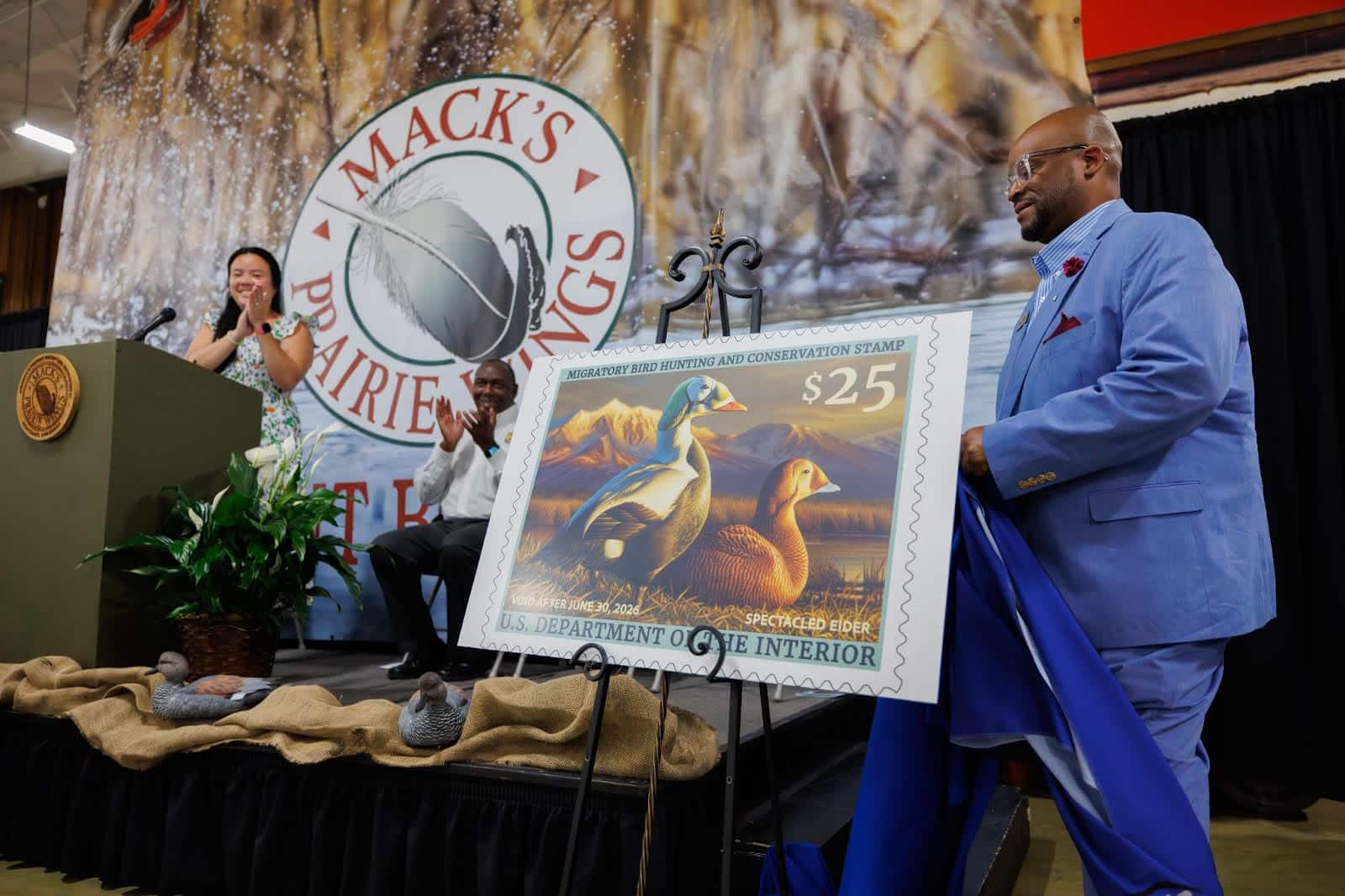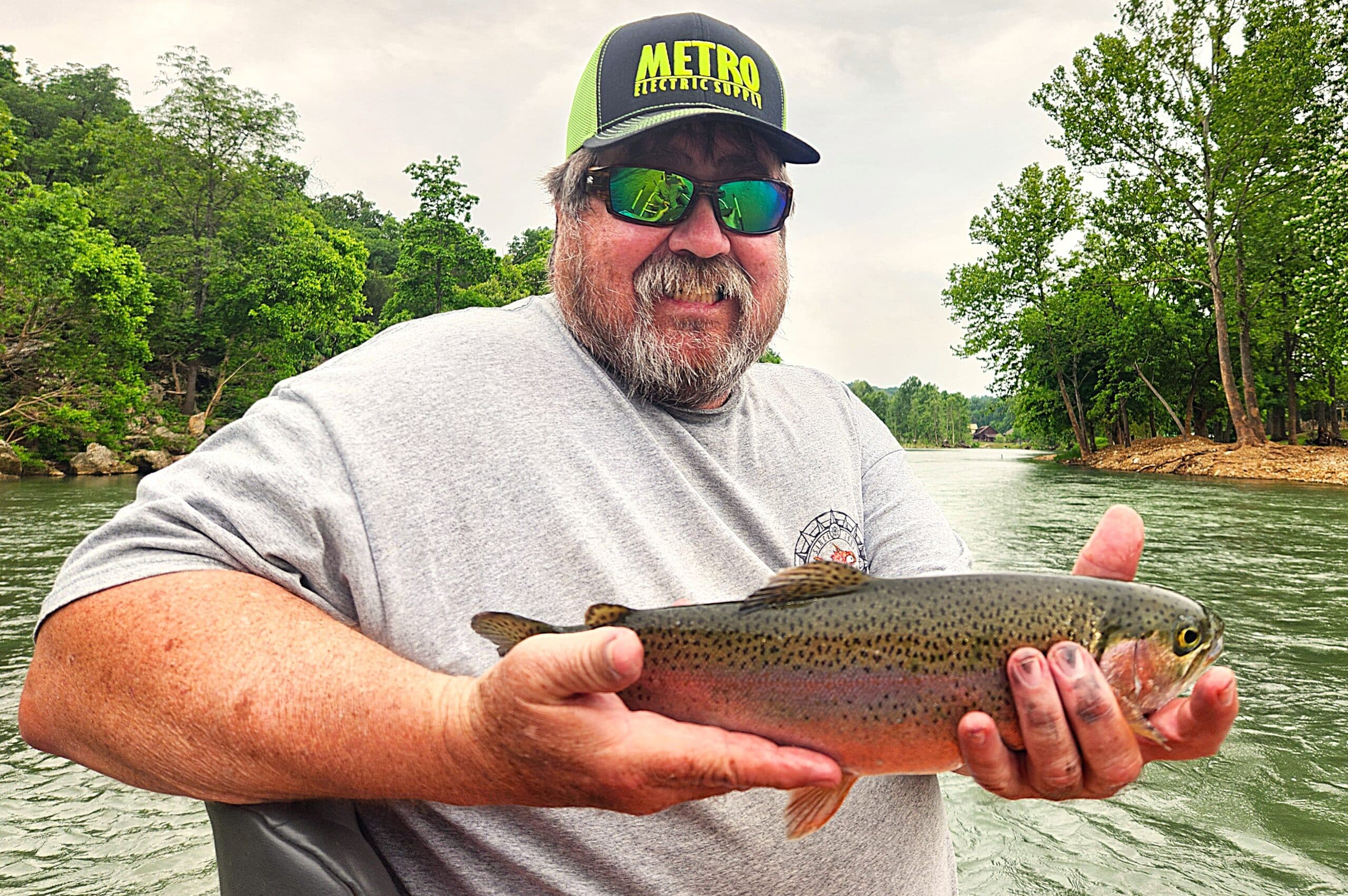Recovering America’s Wildlife Act reintroduced in Washington
ON 04-26-2021
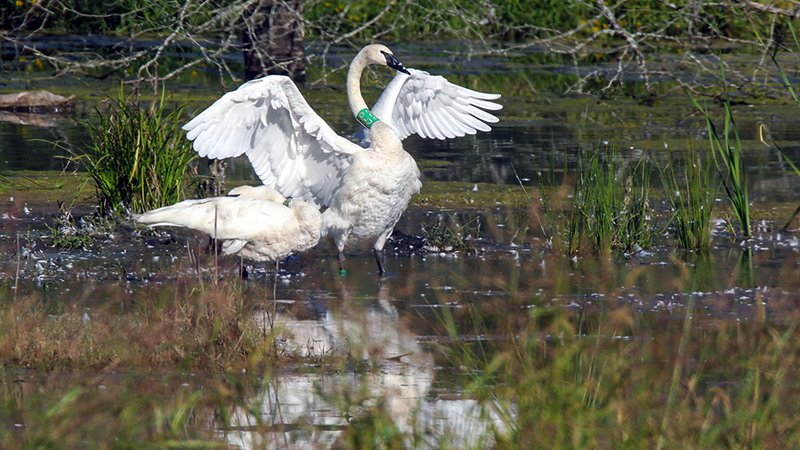
April 26, 2021
Randy Zellers
Assistant Chief of Communications
WASHINGTON, DC — A bill introduced last week into the U.S. House of Representatives may, if it passes, boost conservation efforts across the nation. The Recovering America’s Wildlife Act was reintroduced to the U.S. House of Representatives by Congresswoman Debbie Dingell (D-MI) and Congressman Jeff Fortenberry (R-NE).
“As we celebrate Earth Day and continue our work to combat the biodiversity crisis, bold solutions are needed to safeguard our nation’s wildlife from further decline,” Dingell said. “The Recovering America’s Wildlife Act represents a strong commitment to addressing the current biodiversity crisis using innovative, on-the-ground collaboration that will protect our nation’s environmental heritage for years to come.”
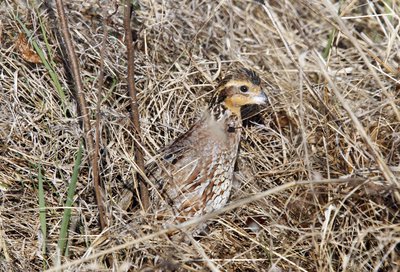
This bipartisan legislation will dedicate money to state fish and wildlife agencies to conserve rare and declining species by implementing previously created science-based wildlife action plans. The act also will devote additional funds for tribal fish and wildlife managers to conserve fish and wildlife on tribal lands and waters.
Every state has developed a wildlife action plan to identify species in need of additional efforts to prevent further population declines, but most states don’t have adequate funding to implement the strategies. Some species, such as eastern collared lizards, diana fritillary butterflies (Arkansas’s state butterfly), and a variety of songbirds, may not be recognizable by most Arkansans and often get left out of wildlife management conversations, but they actually are very important ecologically and serve as indicators of good habitat. When these species thrive, so do many others that are more recognizable, such as quail and turkeys. Other species on Arkansas’s Wildlife Action Plan include game animals such as northern bobwhite and American black duck. The plan also includes many pollinator species essential to agricultural crops throughout The Natural State. According to the Natural Resources Conservation Service, three-fourths of the world’s flowering plants and approximately 35 percent of the world’s food crops depend on animal pollinators. Good habitat benefits a whole host of wildlife species and provides other benefits such as improved water quality.
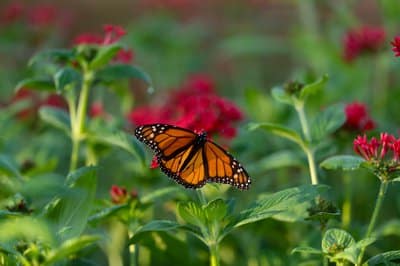
“This nation is blessed with abundant fish and wildlife resources that provide enjoyment as well as essential services to people and communities. Our state agencies have the primary responsibility of conserving our treasured natural resources and with this dedicated funding, states and our many partners will be able to make sure our fish and wildlife are healthy for years to come,” said Sara Parker Pauley, Director of the Missouri Department of Conservation and President of the Association of Fish and Wildlife Agencies. “This past year has really brought into focus the value of nature, outdoor recreation, our overall health, clean air and water and our economy. We must work together now to pass this legislation so that future generations will have these same opportunities and quality of life that we enjoy.”
Arkansas Game and Fish Commission Director Pat Fitts said that this funding will be critical for conserving species and improving habitat across the state. This is a proactive approach to species conservation. These funds would be restricted for work that benefits the 380 species of greatest conservation need in Arkansas. It is unlikely that any of it could be used to repair lakes, hatcheries and wildlife management areas.
“Of course, just like the work we do for game species benefits non-game species, habitat work for these species of greatest conservation need would, in turn, improve habitat for game species hunters and anglers pursue,” Fitts said.
Recent News
Subscribe to Our Weekly Newsletter E-mails
Don’t miss another issue. Sign up now to receive the AGFC Wildlife Weekly Newsletter in your mailbox every Wednesday afternoon (Waterfowl Reports are published weekly during waterfowl season and periodically outside the season). Fishing Reports arrive on Thursdays. Fill in the following fields and hit submit. Thanks, and welcome!

